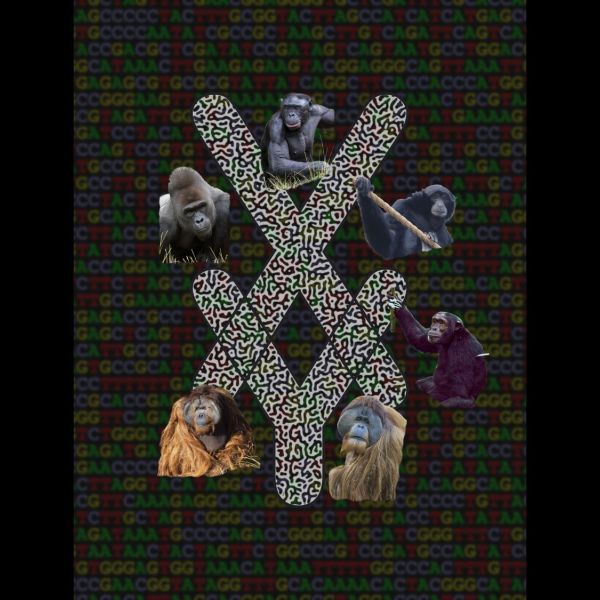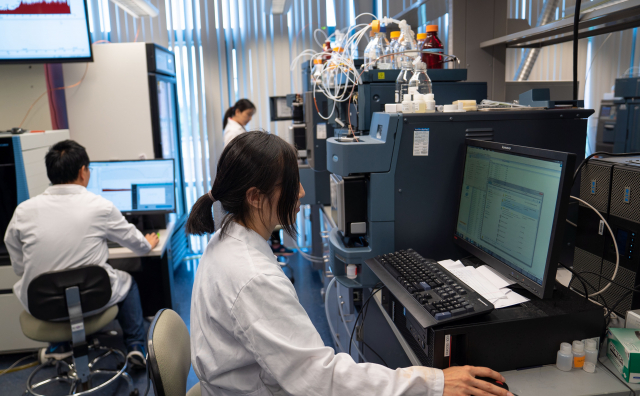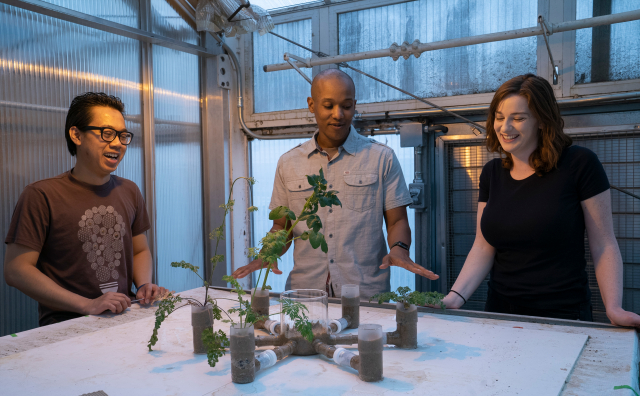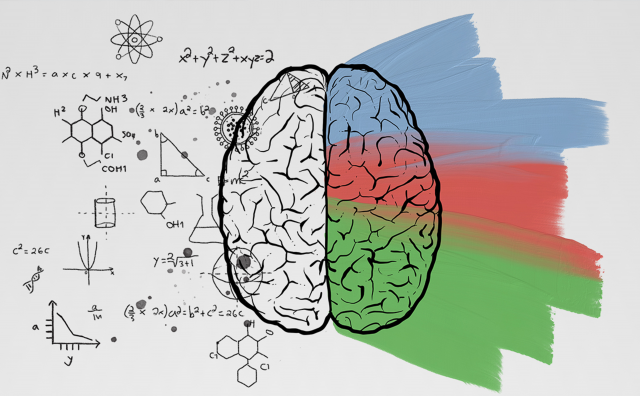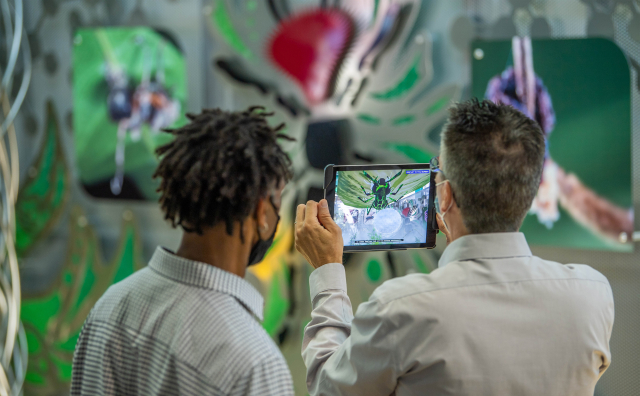Featured Stories
News

Jun 27, 2024
ICDS associate director's work driven by unanswered fundamental questions in AI
The work of Vasant Honavar, the Dorothy Foehr Huck and J. Lloyd Huck Chair in biomedical data sciences and artificial intelligence (AI) and a professor of data science in the College of Information Sciences and Technology professor of data science, is driven by answering fundamental questions using machine learning.
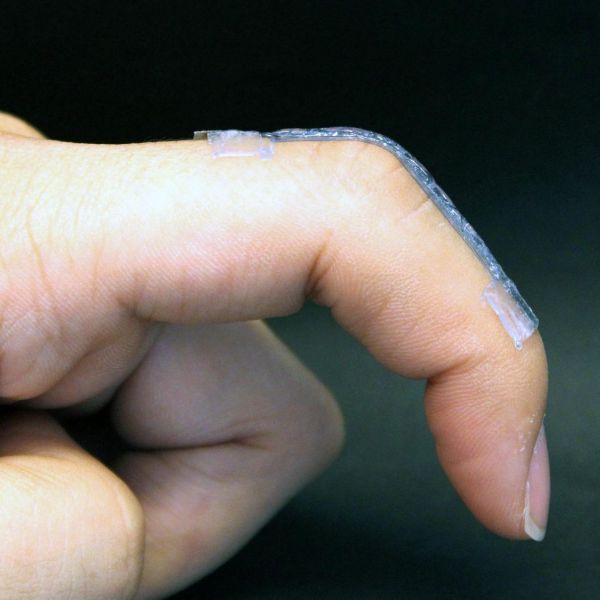
Jun 26, 2024
Self-assembling, highly conductive sensors could improve wearable devices
To advance soft robotics, skin-integrated electronics and biomedical devices, researchers at Penn State have developed a 3D-printed material that is soft and stretchable — traits needed for matching the properties of tissues and organs — and that self-assembles.
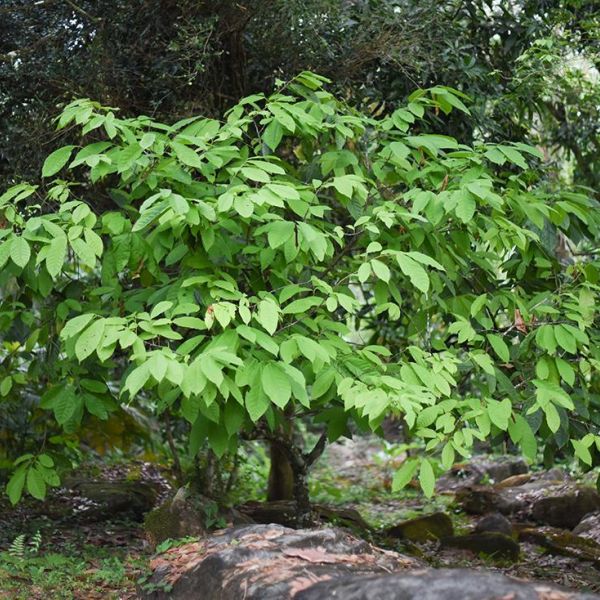
Jun 26, 2024
Researchers compile Cacao Gene Atlas to help plant breeders boost chocolate tree
A team led by researchers at Penn State has created a genetic information resource to help plant breeders develop resistant strains of cacao that can be grown sustainably in its native Amazon and elsewhere, such as the tropical latitudes of Central and South America, the Caribbean, Africa and Asia.
News

Jun 27, 2024
ICDS associate director's work driven by unanswered fundamental questions in AI
The work of Vasant Honavar, the Dorothy Foehr Huck and J. Lloyd Huck Chair in biomedical data sciences and artificial intelligence (AI) and a professor of data science in the College of Information Sciences and Technology professor of data science, is driven by answering fundamental questions using machine learning.

Jun 26, 2024
Self-assembling, highly conductive sensors could improve wearable devices
To advance soft robotics, skin-integrated electronics and biomedical devices, researchers at Penn State have developed a 3D-printed material that is soft and stretchable — traits needed for matching the properties of tissues and organs — and that self-assembles.

Jun 26, 2024
Researchers compile Cacao Gene Atlas to help plant breeders boost chocolate tree
A team led by researchers at Penn State has created a genetic information resource to help plant breeders develop resistant strains of cacao that can be grown sustainably in its native Amazon and elsewhere, such as the tropical latitudes of Central and South America, the Caribbean, Africa and Asia.
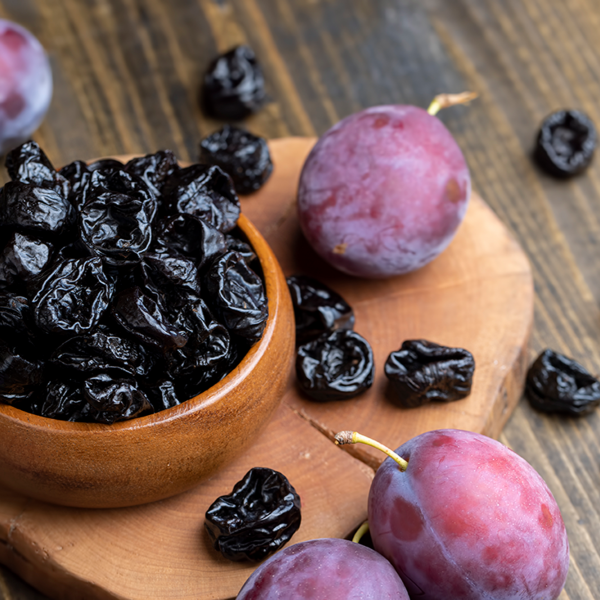
Jun 25, 2024
Got prunes? Prunes may preserve bone density and strength in older women
Dairy isn’t the only food that’s good for bone health. Prunes may also protect bone structure and strength in postmenopausal women, according to a new study led by Penn State researchers. The findings, published in Osteoporosis International, suggest that daily prune consumption slows the progression of age-related bone loss and reduces the risk of fracture.




